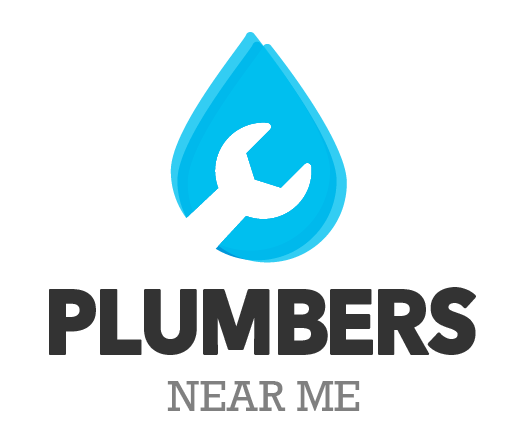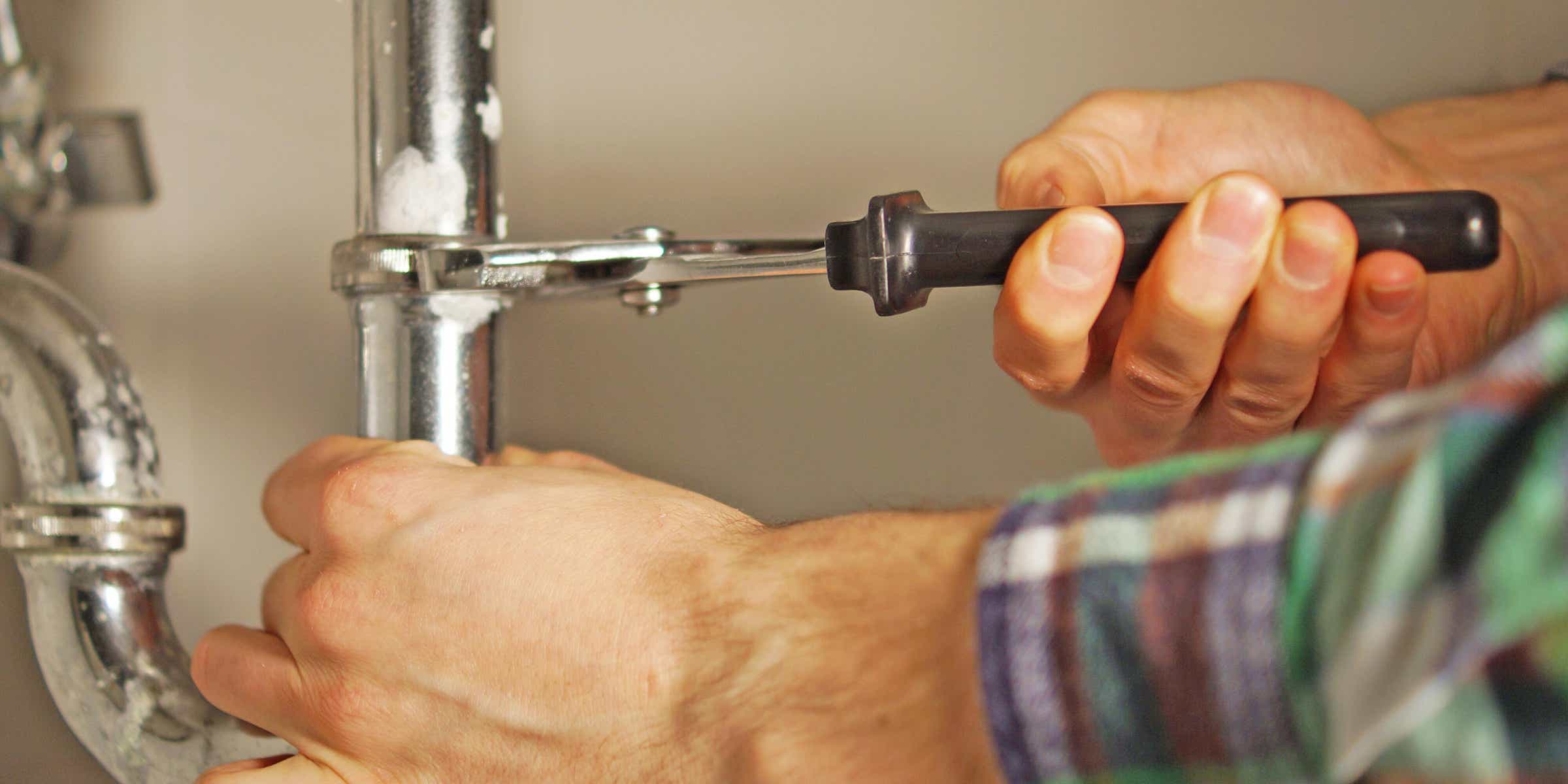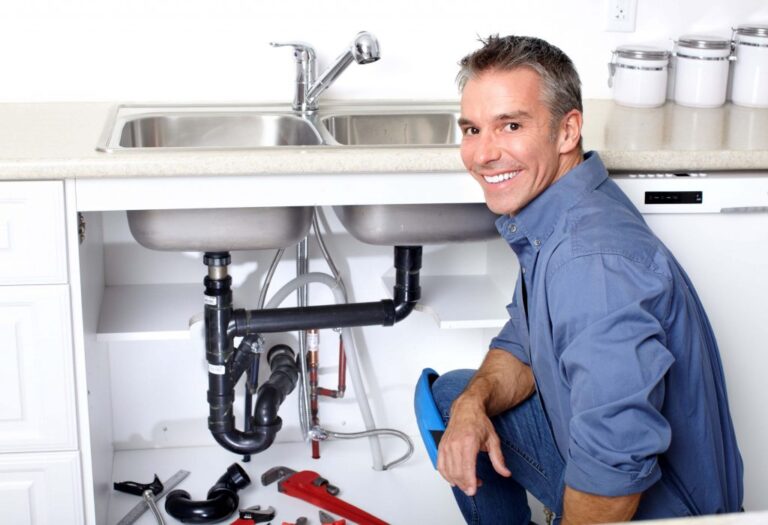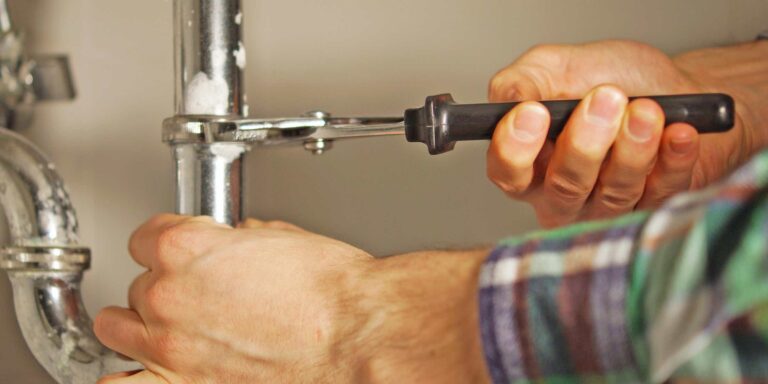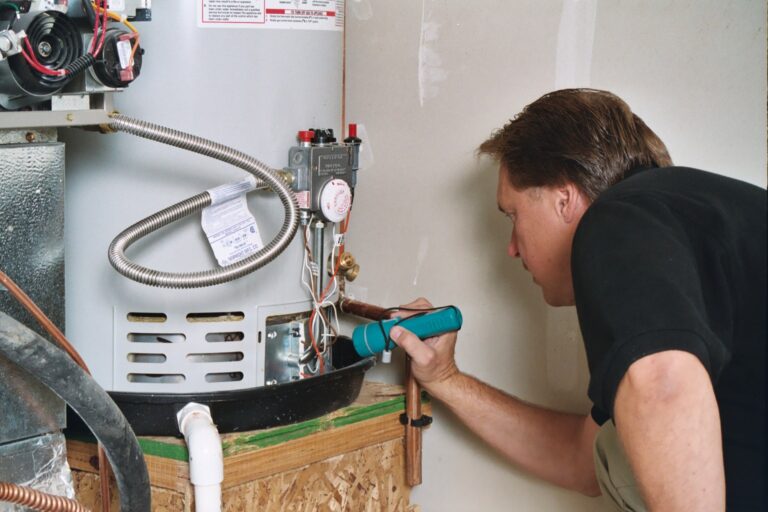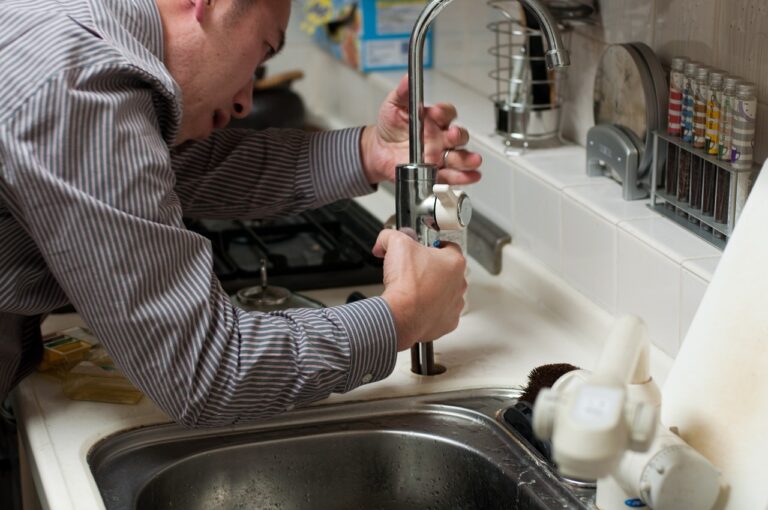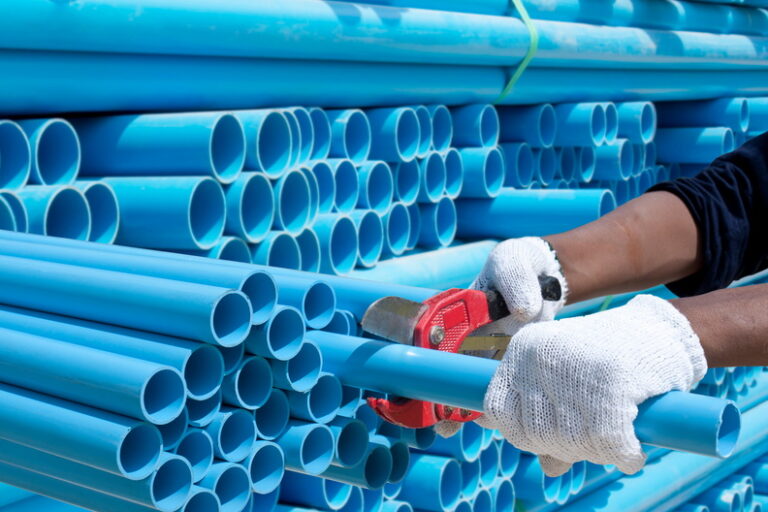Steps to Prevent Clogged Drains and Sewer Lines
Clogged drains and sewer lines are a real pain. But there are some easy steps you can take to prevent them from happening in the first place. Follow these tips and you’ll be clog-free for life!
Introduction: Why clogged drains and sewer lines are a problem
Clogged drains and sewer lines are a problem for many reasons. Clogs can cause water to back up into your home or business, leading to costly repairs. Clogs can also lead to overflowing toilets and sinks, which can create unsanitary conditions. In addition, clogged drains and sewer lines can cause sewage to back up into your yard, contaminating your soil and water.
Preventing clogs is the best way to avoid these problems. There are a few simple steps you can take to prevent clogs in your drains and sewer lines.
The causes of clogged drains and sewer lines
Clogged drains and sewer lines are one of the most common plumbing problems. Homes with older plumbing are especially susceptible to these kinds of problems. There are a number of things that can cause clogs, including:
-Fat, oil, and grease: When these substances cool, they can solidify and cling to the sides of your drains and sewer lines. Over time, they can build up and cause clogs.
-Hair: Hair can snag on objects in your drain and sewer lines, and over time it can form a clog.
-Soap scum: Soap scum can build up on the sides of your drains and sewer lines and eventually cause clogs.
-Toilet paper: Although toilet paper is designed to disintegrate in water, it doesn’t always break down as quickly as it should. If too much builds up in your drains and sewer lines, it can cause clogs.
There are a few things you can do to help prevent clogged drains and sewer lines:
-Don’t pour fats, oils, or grease down your drains or sewer lines. Instead, dispose of them in a container such as a coffee can or jar.
-Install strainers in your sinks to catch hair before it has a chance to go down the drain.
-Clean your drains regularly with a mixture of baking soda and vinegar. Pour 1/2 cup baking soda down the drain followed by 1/2 cup vinegar. Let the mixture sit for 30 minutes before running hot water down the drain to flush away any residue.
The consequences of clogged drains and sewer lines
Clogged drains and sewer lines are a major nuisance. They can cause water to back up into your home or business, making a mess and causing damage. They can also lead to foul odors, flooding, and may even result in raw sewage backing up into your property. In addition to the inconveniences they cause, clogged drains and sewer lines can also lead to bigger problems like water contamination, pipe bursts, and even foundation damage.
That’s why it’s important to take steps to prevent clogged drains and sewer lines in the first place. Here are a few tips:
-Don’t pour grease or oil down the drain. Grease and oil can solidify in your pipes and cause clogs.
-Don’t flush food or other organic waste down the drain or toilet. This can lead to clogs and may attract pests.
-Only flush toilet paper down the toilet. Flushing anything else (diapers, feminine products, paper towels, etc.) can lead to clogs.
-Don’t put anything down the drain that doesn’t belong there. This includes hair, soap scum, dental floss, and cigarette butts.
-Have your drains and sewer lines cleaned regularly by a professional plumber. This will remove any buildup in your pipes and help prevent future clogs
Steps to take to prevent clogged drains and sewer lines
Below are key steps you and your family can take to prevent FOG, wet wipes, and other objects from going down the drain and causing a clog:
-FOG (fat, oil, grease) should never go down the drain. Wipe it up with a paper towel and throw it in the trash.
-Wet wipes of any kind should not be flushed. The quickest way to clog your sewer line is by flushing wet wipes. Throw them in the trash.
-Anything that is not water or toilet paper should not be flushed down the toilet. This includes feminine hygiene products, diapers, cotton balls, swabs, cigarette butts, and dental floss.
-Do not pour FOG or any type of cooking oil down the drain. Used cooking oil can be recycled at many local restaurants or at an environmental drop-off center near you.
-Have slow drains? Pouring baking soda followed by vinegar down the drain can help break up hair and soap scum build-up over time.
Regular maintenance to keep drains and sewer lines clear
There are several things you can do to keep your drains and sewer lines from becoming clogged. First, be sure to have a properly fitting P-trap installed under your sink. This will catch food and other debris before it has a chance to enter the drain line. Second, don’t pour cooking grease or oil down the drain — disposal in the trash is best. Third, avoid letting hair enter the drain — this can be prevented by using a drain cover or screen. Fourth, don’t flush anything other than toilet paper down the toilet — this includes paper towels, feminine hygiene products, and so on. And fifth, have your drains and sewer lines professionally cleaned on a regular basis by a licensed plumber.
What to do if you have a clogged drain or sewer line
If you have a clogged drain or sewer line, the first thing you should do is identify the source of the problem. Is it a single fixture, such as a toilet or sink? Or is it a main line sewer clog affecting your entire home? Once you’ve identified the problem, you can take steps to prevent further damage and address the issue.
If you have a clogged toilet, sink, or other fixture, start by removing any blockages from the drain. This may require a plunger or drain snake. If the blockage is still present after removing debris, you may need to use chemical cleaners designed to break up tough clogs. Be sure to follow all manufacturer instructions when using these products.
If your issue is a main line sewer clog, it’s important to contact a professional plumber for help. Sewer line clogs can be very serious, and attempting to clear them on your own can cause further damage to your pipes. A professional plumber will have the tools and expertise necessary to quickly and safely clear your sewer line.
How to clear a clogged drain or sewer line
If you have a clogged drain or sewer line, there are a few things you can do to try and clear it yourself. However, if the clog is severe, you may need to call a professional.
Here are some tips for clearing a clogged drain or sewer line:
-Start by using a plunger. If the plunger doesn’t work, try using a plumber’s snake.
-If the clog is caused by grease or soap buildup, boiling water can often help to break it up.
-If you think the clog may be caused by a tree root, you can try using a rooter machine. However, this should only be done by a professional.
If you can’t clear the clog yourself, call a professional plumber.
When to call a professional to clear a clogged drain or sewer line
If you have a clogged drain or sewer line, there are a few things you can try before you call a professional. First, try using a plunger to see if that will clear the blockage. If the plunger doesn’t work, you can try using a drain snake. If neither of these methods work, it’s time to call a professional. A professional will be able to clear the blockage without damaging your pipes.
Preventing clogged drains and sewer lines in the future
Clogged drains and sewer lines can be a major headache, causing wastewater to back up into your home or business. To prevent this costly and messy problem, follow these simple tips:
-Never pour grease down the drain. Grease and oil can solidify in the pipes, causing blockages.
-Avoid letting hair go down the drain. Hair can quickly build up and cause clogs.
-Throw coffee grounds, eggshells and other non-biodegradable waste in the trash instead of the sink.
-Don’t flush feminine hygiene products, diapers or other materials that don’t break down easily. These items can cause major clogs.
-Have your drains and sewer lines cleaned regularly by a professional to remove any build-up that could cause problems.
Conclusion
While taking preventative measures to avoid a clogged drain or sewer line is always ideal, understanding what to do should a line become blocked is critical for every homeowner. By following the proper steps and being cautious of what goes down your drains and sewer lines, you can avoid a costly and messy repair.
